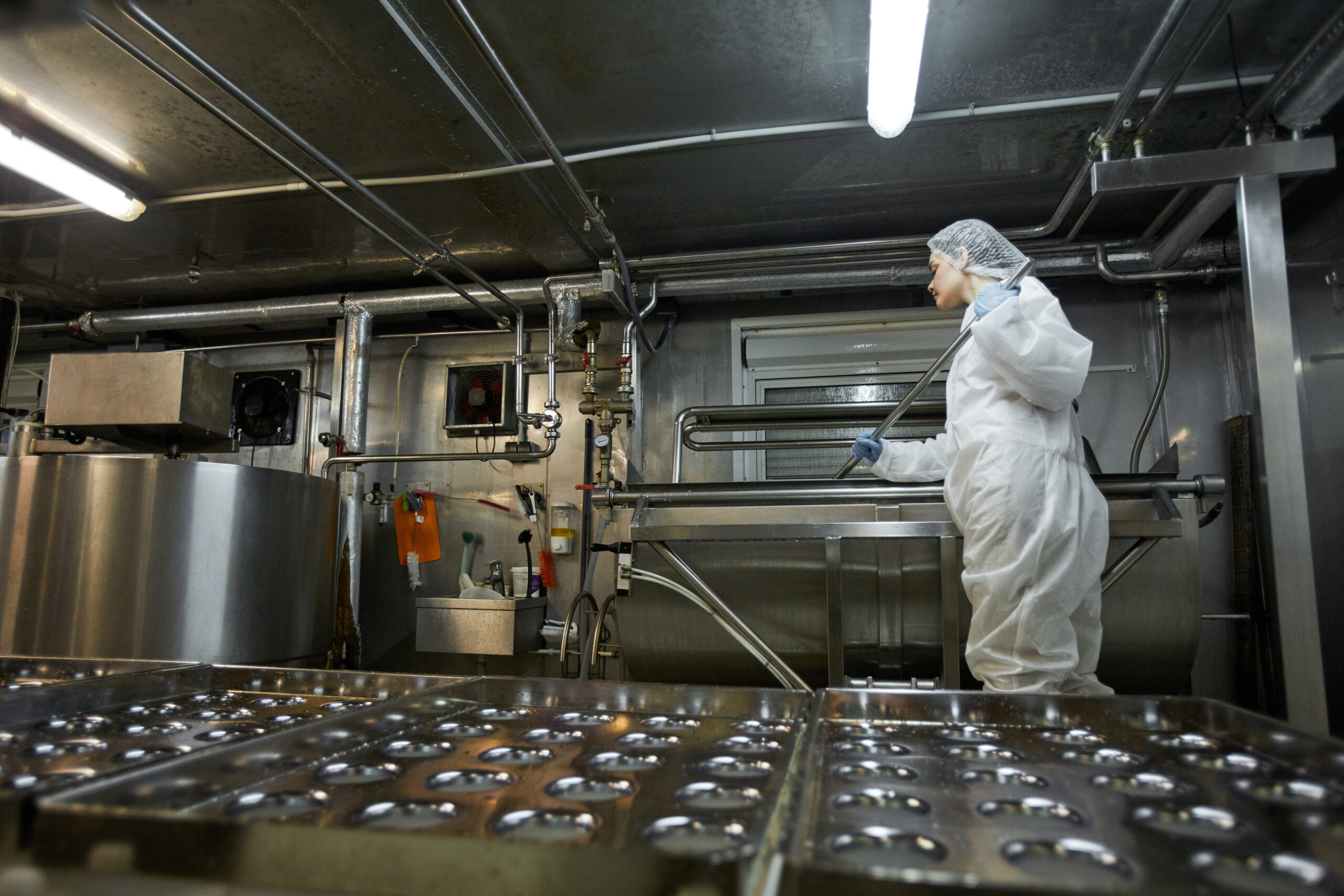
The Food Hygiene Regulations 2009 is a legal framework established by the government to ensure food safety and quality in the country. It aims to safeguard public health and prevent foodborne illnesses. In this article, we will discuss the importance of complying with these regulations, including typhoid vaccination in Senawang and local clinics, such as Klinik Senawang, that can assist food businesses in meeting these requirements.
Adhering to the Food Hygiene Regulations 2009 is crucial for food businesses in Senawang as it helps protect public health, maintain consumer trust, and prevent legal and financial consequences. Some key aspects of these regulations include registration of food businesses, maintaining cleanliness and hygiene standards, ensuring proper food storage, and providing training and certification for food handlers.
One essential requirement for food handlers under the Food Hygiene Regulations 2009 is obtaining typhoid vaccinations. Typhoid fever is a bacterial infection caused by Salmonella Typhi, transmitted through contaminated food or water. Food handlers in Senawang must obtain typhoid vaccination to prevent the spread of this infection and protect public health.
Obtain Typhoid Vaccinations: Food handlers in Senawang should visit Klinik Primaria Senawang or other local clinics to obtain their typhoid vaccinations. This step is crucial in preventing the spread of typhoid fever and protecting public health.
Regular Training and Certification: Ensure that all food handlers receive proper training and certification in food safety and hygiene practices. Klinik Primaria Senawang can provide the necessary training and support to help maintain a high standard of cleanliness and prevent contamination.
Implementing Standard Operating Procedures (SOPs): Develop and implement SOPs for all aspects of the food business, including food preparation, storage, handling, and waste disposal. These SOPs will help ensure consistent practices across the business and reduce the risk of violations.
Conducting Regular Inspections and Audits: Carry out regular inspections and audits of the food business to identify potential areas of non-compliance and address them promptly.
Maintaining Proper Documentation: Keep detailed records of food safety and hygiene practices, including staff training, pest control measures, and equipment maintenance. This documentation can help demonstrate compliance during inspections and audits.
Staying Updated on Regulatory Changes: Stay informed about changes in food hygiene regulations, such as the Food Hygiene Regulations 2009, and update business practices accordingly. This will help ensure ongoing compliance and minimize the risk of compoundable offences.
Compoundable offences are minor violations of the Food Hygiene Regulations 2009 that can be resolved through the payment of a fine instead of being brought to court. These offences are considered less severe, and the fines associated with them are meant to serve as a deterrent for future violations.
Some common compoundable offences under the Food Hygiene Regulations 2009 include:
The penalties for compoundable offences typically involve fines. The amount of the fine depends on the severity of the violation and whether the offender is a first-time violator or a repeat offender. The fines are meant to serve as a deterrent and encourage food businesses to comply with the regulations in the future.
When a compoundable offence is detected, the relevant authorities will issue a notice to the food business, outlining the offence and the associated fine. The food business will be given a specified period to pay the fine or contest the notice. If the food business chooses to contest the notice, they may present their case in court, and the court will decide if the fine is justified or if additional penalties are necessary.
When a compoundable offence is detected, the relevant authorities will issue a notice to the food business, outlining the offence and the associated fine. The food business will be given a specified period to pay the fine or contest the notice. If the food business chooses to contest the notice, they may present their case in court, and the court will decide if the fine is justified or if additional penalties are necessary.
Adhering to food hygiene regulations is essential to protect public health and prevent the outbreak of foodborne illnesses. By complying with these regulations, food businesses can reduce the risk of contamination, spoilage, and the spread of harmful pathogens.
Consumers trust food businesses to provide safe and hygienic food products. Compliance with food hygiene regulations helps maintain this trust, ensuring that customers continue to patronize the business.
Non-compliance with food hygiene regulations can lead to compoundable offences, fines, and even court proceedings. Repeated violations may result in more severe penalties, including the suspension or revocation of the food business’s license.
Fines and legal fees associated with non-compliance can be costly for food businesses. Additionally, businesses that gain a reputation for poor hygiene may suffer a loss of customers and revenue.
Compliance with food hygiene regulations can enhance the reputation of a food business, helping it stand out from competitors. A good reputation can attract new customers and foster loyalty among existing ones.
Understanding compoundable offences under the Food Hygiene Regulations 2009 is crucial for food businesses as they strive to maintain a high standard of food safety and hygiene. By complying with these regulations, food businesses can ensure the well-being of their customers, avoid penalties, and maintain a good reputation in the industry.

Dr. Badrul’s extensive experience and dedication to patient care ensure that you receive personalized attention and the highest quality of service for your Typhoid Vaccination. His commitment to the well-being of each patient sets him apart from other healthcare providers in the area.
Don’t wait any longer! Protect yourself and your community by scheduling your Typhoid Vaccination at Klinik Primaria Senawang today. Call us and book an appointment online through our website.
Klinik Primaria Senawang 24 Jam is a dedicated medical clinic in Senawang, Seremban, offering premium healthcare services at affordable prices. Our experienced professionals provide a wide range of services, including check-ups, diagnostics, minor surgeries, and vaccinations. Open 24/7 to serve the community better.
2023 All Rights Reserved. Created by Hypercharge